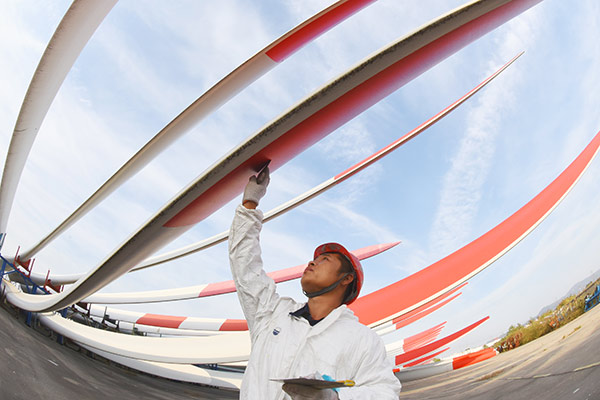China's December economic activity holds steady: UBS


BEIJING - Swiss global financial services company UBS expects China's December data will show steady economic activity, while GDP growth in the fourth quarter will slow slightly.
The Swiss company predicted stable industrial production and property activity, firm fixed-asset investment (FAI), and faster export growth in a research note Wednesday. The indicators are scheduled to be released in mid-January.
"We expect December's industrial production growth to have stabilized at 6.1 percent year on year," UBS said.
China's value-added industrial output, which measures factory activity, rose 6.1 percent in November, largely stable compared with earlier this year, as high-tech and equipment manufacturing sectors reported stellar increases.
UBS believes stronger external demand and a rebound in power generation will help sustain industrial expansion, while noting the air quality campaign is likely to restrict northern China's upstream sectors.
Overall FAI growth is expected to edge up to 6 to 7 percent for December, leaving the year-to-date rate at 7.2 percent, said UBS, adding that infrastructure investment is likely to hold up and manufacturing investment will be slower.
It also predicted robust export growth partly due to a low base, higher consumer prices, retreating factory-gate inflation, and a stable credit increase. Foreign exchange reserves will likely rise thanks to eased capital flight pressures.
UBS projected economic growth will moderate slightly to 6.7 percent year on year in Q4, and soften further to 6.4 percent in 2018, adding it will be "weighed down by weaker property activity, stricter environmental rules, and tighter local government financing."
With the GDP up by a forecast-beating 6.9 percent in the first three quarters, China's policy makers have moved to steer the economy onto a new path of high-quality development. The Central Economic Work Conference reiterated risk containment, poverty reduction and anti-pollution as the country's priorities from 2018 to 2020.




































